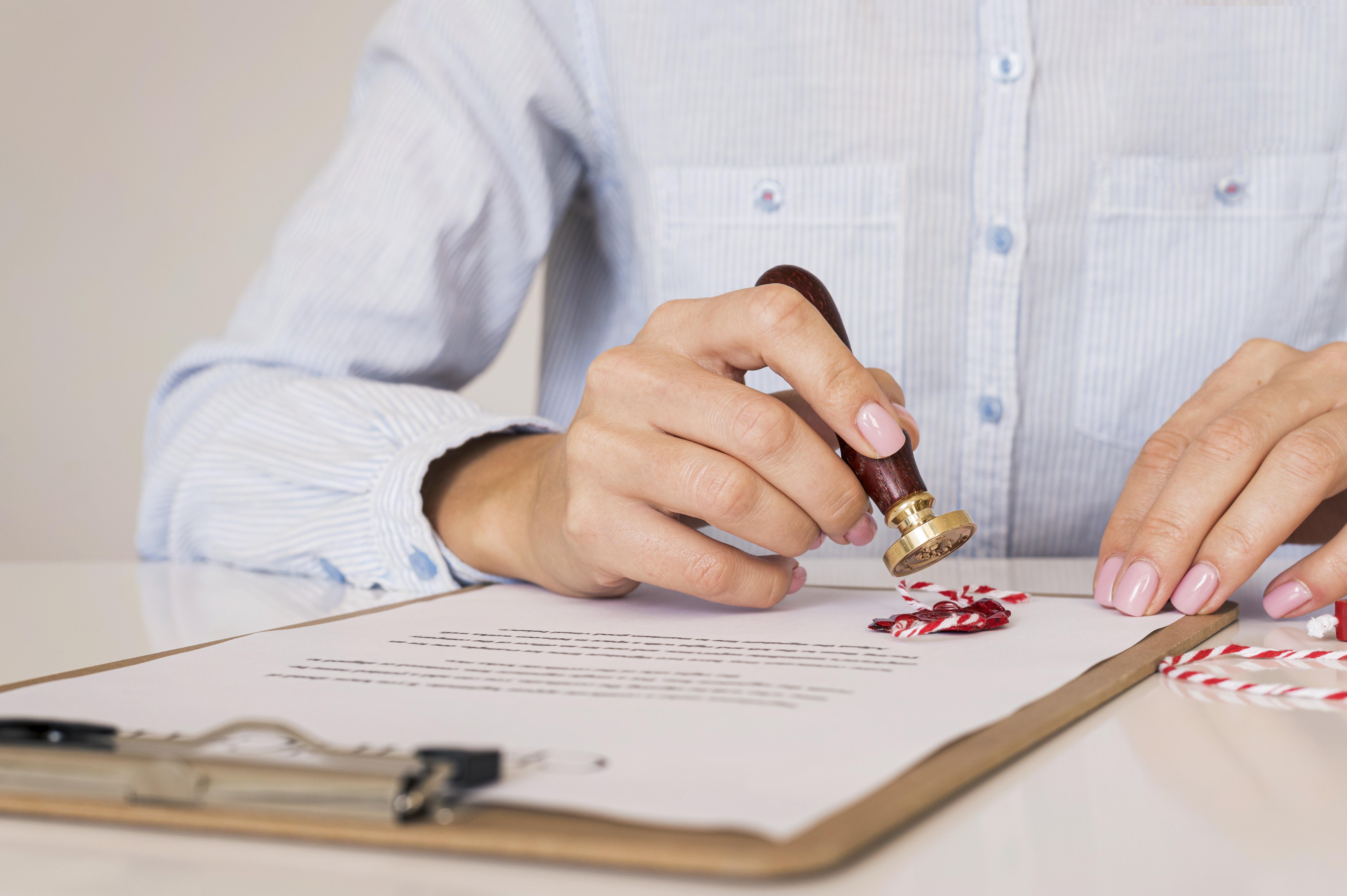


The Registartion of a gift deed is a legal process that involves officially documenting the transfer the ownership of a Property from One Person (the doner) to another (the donee) as a gift, without any monetary consideration. A gift deed is a legal document that outlines the terms and conditions of the gift and it serves as evidence of the transfer of ownership. Registration of the gift deed is essential to make the transfer legally valid and to provide legal protection to the donee's ownership rights.
How it Functions?
1.Fill your details-Takeout few seconds to fill your details.
2. Upload Your PDF Documents- Make your payment and upload your (pdf) documents.
3.Schedule Your Call- Schedule your call with the expert on time and date that suits your convenience.

1. Property document collection
All the property papers can be uploaded or hard copies can be collected.

2. Review & Analysis
All the property papers can be uploaded or hard copies can be collected.

3.Detailed consultation
All the property papers can be uploaded or hard copies can be collected.

4. Delivery
All the property papers can be uploaded or hard copies can be collected.
It’s important to note that gift deeds are subject to specific legal and tax implications, which can vary based on local laws and regulations. Both the donor and the done should seek legal advice before entering into a gift deed arrangement to understand the legal consequences and to ensure that the process is conducted correctly and transparently.
